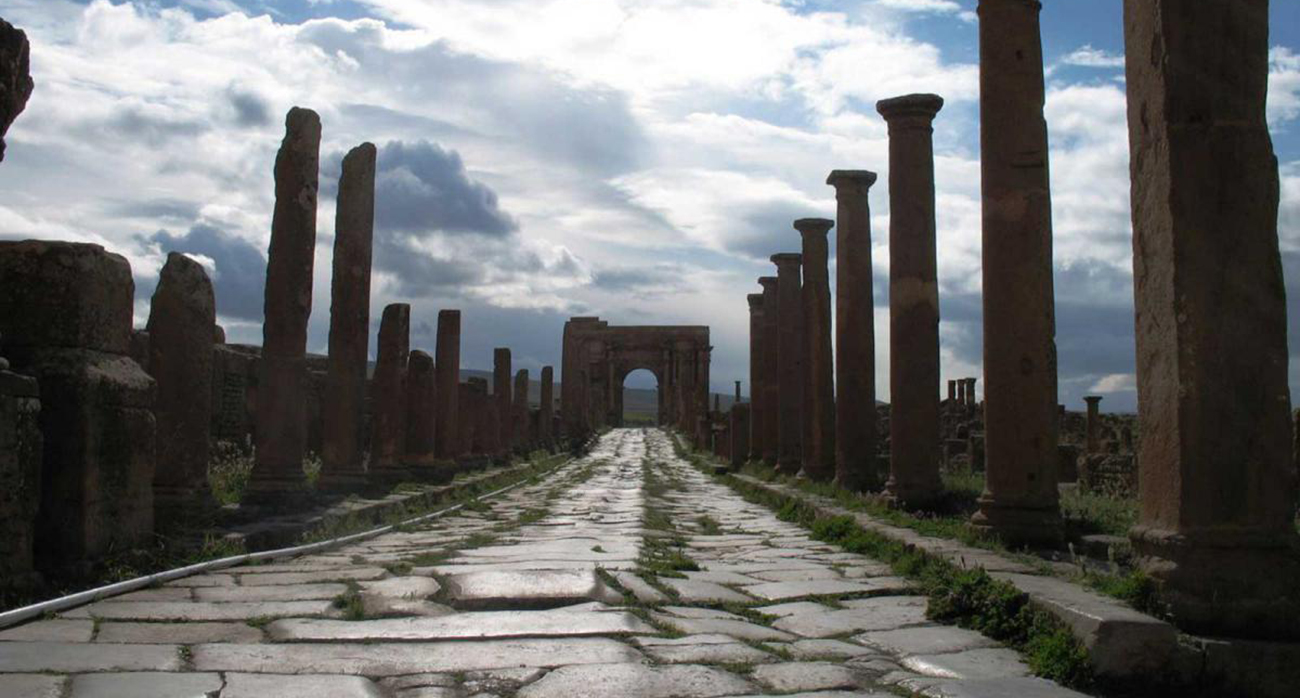The Druids: Information About Them Obtained from Famous Latin Authors
Introduction. The passages below are taken from abridged texts of three Latin authors published in the "Cambridge Latin Authority", Cambridge School Classics Project, Cambridge University Press, 1996. From Caesar: Julius Caesar encountered the Druids during his conquest of Gaul from 58 to 49 B.C. They were priests recruited mainly from the nobility, and they were the only men powerful enough to organise opposition to Roman rule throughout the Celtic tribes. The Power of the Druids (from "De Bello Gallico": Book VI, Chapter 13): The Druids are concerned with divine matters, they perform...


